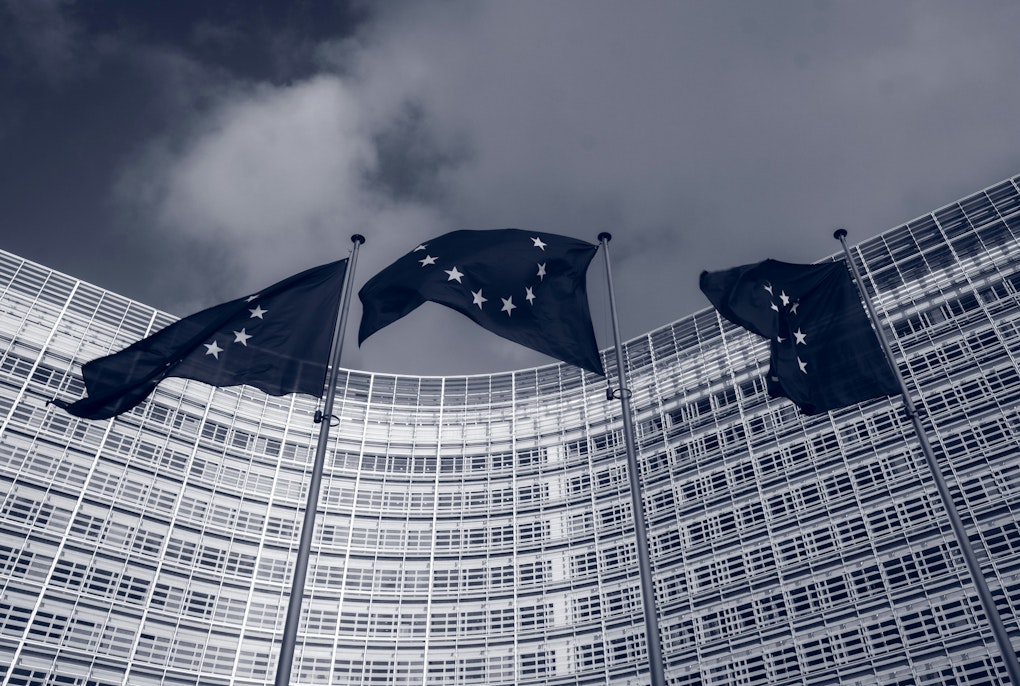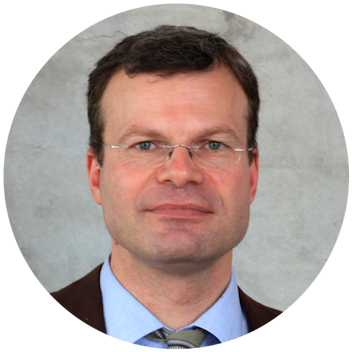
The EU Artificial Intelligence Act – An Intelligent Piece of Legislation?
 Christoph Müller
Christoph Müller
On Germany’s federal elections, 26 September 2021
Germany will go to the polls on Sunday. After 16 years in office, Angela Merkel, will exit from the Federal Chancellery as soon as a new government will have been sworn in (which may actually take some time). The first female German Chancellor, she has become known for her tranquil, prudent, and rational style which is very often explained with her analytical thinking as natural scientist (in fact, she holds a PhD in chemistry). Her leadership is widely based on this approach, which appeared as a guarantee for stability, even in times of crisis and uncertainty: in fact, she is nicknamed "Mutti", i.e. "mommy". But she has also been criticized as too slow in reaction and not sufficiently innovative and determined. But mothers generally do not revolutionize the life of their children; it is the children who need to emancipate and organize their lives themselves, according to their own priorities.
Thus, the upcoming German federal elections raise the question of what these priorities are, whether the German electorate really wants change or whether it continues to prefer stability at any cost.
Although the outcome of the election is still very much open, continuity may be the result: Angela Merkel is the first Chancellor who voluntarily leaves office, and she did not manage to designate a successor. Her party’s candidate, Armin Laschet, Minister-President of Germany’s most populous State North Rhine-Westfalia, has won the party leadership and the candidacy only after heavy infighting which has weakened his position. Laschet seems to embody the same political approach and even similar in style and he is often criticized for his lack of charisma. But after 16 years in power, it is not clear what the Christian Democrats (CDU) stand for and what their vision for Germany’s future and role in the world is. In the last months, the party has lost considerably in the polls and is now trailing behind the Social Democrats. A loss of their position as strongest party will be an earthquake for Germany’s political system; within the Christian Democratic alliance it will strain the already tense relations with the Bavarian “sister party” even further (its head, popular Bavarian Minister-President, Markus Söder was Armin Laschet’s rival in the internal competition for the candidacy).
However, also the Social Democratic (SPD) rival, Olaf Scholz, Minister of Finance in Merkel’s federal government, currently clearly ahead in the polls, stands for continuity. No wonder: his party has ruled together with Angela Merkel over 12 years (out of 16) in a "Grand Coalition". In need to explain in which way his politics will be different from that of the past, he much emphasizes “social justice”. According to the polls, there is even a slim chance for the Grand Coalition to continue, albeit with the social democrats as the stronger partner, and thus – traditionally – with the right to propose the Chancellor from its ranks.
The third major force, the Greens, had success in some recent State elections, presented their candidate early and even aimed directly, for the first time, at the Chancellery. Annalena Baerbock is young and dynamic and by many seen as a guarantee for necessary change and innovation, but a series of avoidable mistakes have damaged her campaign and the Greens have fallen behind the other two parties. It is pretty clear that a two-party coalition between Christian Democrats and Greens, successfully in government in Baden-Württemberg and a likely option still in spring of this year, will not have a majority.
This will probably make a coalition of three parties necessary, a novelty, at least at federal level. In fact, in Germany’s federal system, for many years governments in the Länder (States) have been based upon all kinds of different coalitions. The most probable one after the federal election, according to polls, is the so-called "traffic light" (Social Democrats, Liberals and Greens – according to their party colors).
By contrast, a potential left-wing coalition between Social Democrats, Greens and The Left is the threat with which Christian Democrats try to mobilize voters in the last phase of the electoral campaign, reminding of earlier campaigns (not least of the famous "no experiments"-slogan used by the CDU in the 1950s, against the communist threat). Despite some common ground, the Left Party is not a preferred coalition partner, due to some radical positions (e.g. on NATO and the internal secret service). The far right “Alternative für Deutschland (AfD)” may come first in some parts of Eastern Germany, but is clearly excluded by all other parties as a potential coalition partner.
It is thus likely, that the Liberals (FDP) with their charismatic but divisive leader, Christian Lindner, will find themselves in the role as kingmaker for the next coalition government. The Liberals are critical of the restrictions for fighting the pandemics (focusing on the proportionality of limits to fundamental rights) as well as of State-interference with the market; they aim at tax cuts but also want to restore fiscal discipline as soon as possible. These can become major obstacles on the way to a "traffic light" coalition, as the Greens will need to finance their ambitious climate change-agenda and foresee an important role of government in its implementation.
The major topics discussed during the electoral campaign are in fact economy, in particular the recovery after the pandemic, and measures against climate change: only a few months ago, in March, a judgment by the Federal Constitutional Court has called for intergenerational justice obliging the legislator not to postpone important (and expensive) decisions after 2030. Digital transformation and the modernization of infrastructure are other issues of major differences between the parties. While foreign policy issues and out of area-missions of the Armed Forces have also been discussed to some extent, European integration has not been prominent at all. This is not due to a lack of interest, but rather to relatively similar positions. However, despite an overarching pro-European consensus, considerable differences exist in the field of financial and fiscal policies. Thus, a debate on Germany’s role in the European Union is long overdue; the issue may come to the surface in coalition negotiations. However, a major or drastic shift in Germany’s foreign, security and EU policy is not to be expected for the near future.
Another interesting question is whether the election will again produce an oversized Parliament. Germany’s proportional electoral system is "corrected" through a first-past-the post ingredient: in the 299 electoral districts, voters elect a “direct candidate” with their first vote (usually this favors the bigger parties, such as Christian Democrats and Social Democrats) and give their second vote to a party list. The composition of Parliament is determined by those second votes, i.e. by the party lists, but those directly elected by the first vote enter in any case. As splitting of votes is possible (and frequent), smaller parties successfully campaign for second votes and the bigger parties often end up with more "directly" elected candidates than seats corresponding to the result of their list. These "exceeding" seats ("Überhangmandate") are added but need to be compensated, after a judgment by the Federal Constitutional Court, with additional seats for all other parties, in order to restore the overall proportions of the second votes (which determine the strength of the parties represented). This has led to the current number of 709 seats (instead of 598) and a further increase cannot be excluded. As this strongly impacts negatively on the functionality of Parliament, a reform is under discussion for many years, but shall be realized only in 2024 (e.g. a reduction of electoral districts from 299 to 280).
But the real question on Sunday is a substantial one: will voters give a mandate for change or will they – again – prefer the status quo for the sake of stability. For answering the question there is an important demographic dimension, too: 21% of voters are over 70 years old, while young voters with a higher interest in change are underrepresented. While the era of Angela Merkel will definitively end on Sunday, one should not expect any radical change in Germany after the elections.

This content is licensed under a Creative Commons Attribution 4.0 International license.